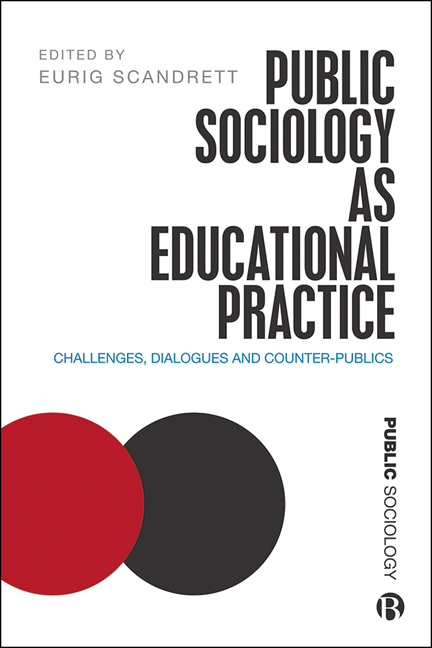II.3 - Young People, Alcohol, Dialogical Methods
Published online by Cambridge University Press: 02 March 2021
Summary
Introduction
This chapter introduces a model of critical dialogue designed to create a brave space in which previously ignored, silent or marginalised young people can together develop a critical awareness of potentially harmful attitudes and behaviours (often accepted as normal within their social group or national culture) and be inspired to act in solidarity as allies to bring about positive social change. It focuses on a study of the AlcoLOLs project. One headteacher in this study described her typical Monday mornings as ‘picking up the pieces of family or pupil relationships’ damaged by alcohol-fuelled behaviour over weekends. The risks incurred by adolescent drinking make a significant topic on which to focus – not only because of its impact on young people's social context, but also because alcohol use is the leading risk factor for premature death and disability worldwide for people aged 15– 49 years old (Griswold et al, 2018; WHO, 2018). In addition, there is increasing evidence that alcohol may have acute and prolonged neurobiological effects on developing adolescent brains (Clark, 2008; Squeglia, 2009 in Cukier et al, 2018) and alcohol use is linked to over 200 health conditions, including heart disease, stroke, diabetes and seven types of cancer (Morey et al, 2017).
The AlcoLOLs approach was premised on views that resonate with those of the lobby group Alcohol Focus Scotland:
Young people are under a lot of pressure to start drinking at a young age. Alcohol today is cheap, readily available and heavily marketed. As a result, young people are growing up in a pro-alcohol society where drinking is seen as the norm. (Alcohol Focus Scotland, 2019)
It was informed by research suggesting that young people drink to get drunk (Seaman and Ikegwuonu, 2010; Percy et al, 2011) and teenage discourse is dominated by the view that excessive consumption is admirable and the key to accumulating social and cultural capital and thus access to ‘insider’ or popular friendship groups (Jackson et al, 2000; Järvinen and Gundelach, 2007; Percy et al, 2011; Atkinson et al, 2014). This perspective was very much reflected in the evaluation of the AlcoLOLs project: ‘Popular people drink … you want to be like the older ones – get invited to parties … everyone does it, you feel left out if you’re not’ (Pieczka, Wood and Castelrione, 2016: 4).
- Type
- Chapter
- Information
- Public Sociology as Educational PracticeChallenges, Dialogues and Counter-Publics, pp. 153 - 170Publisher: Bristol University PressPrint publication year: 2020



